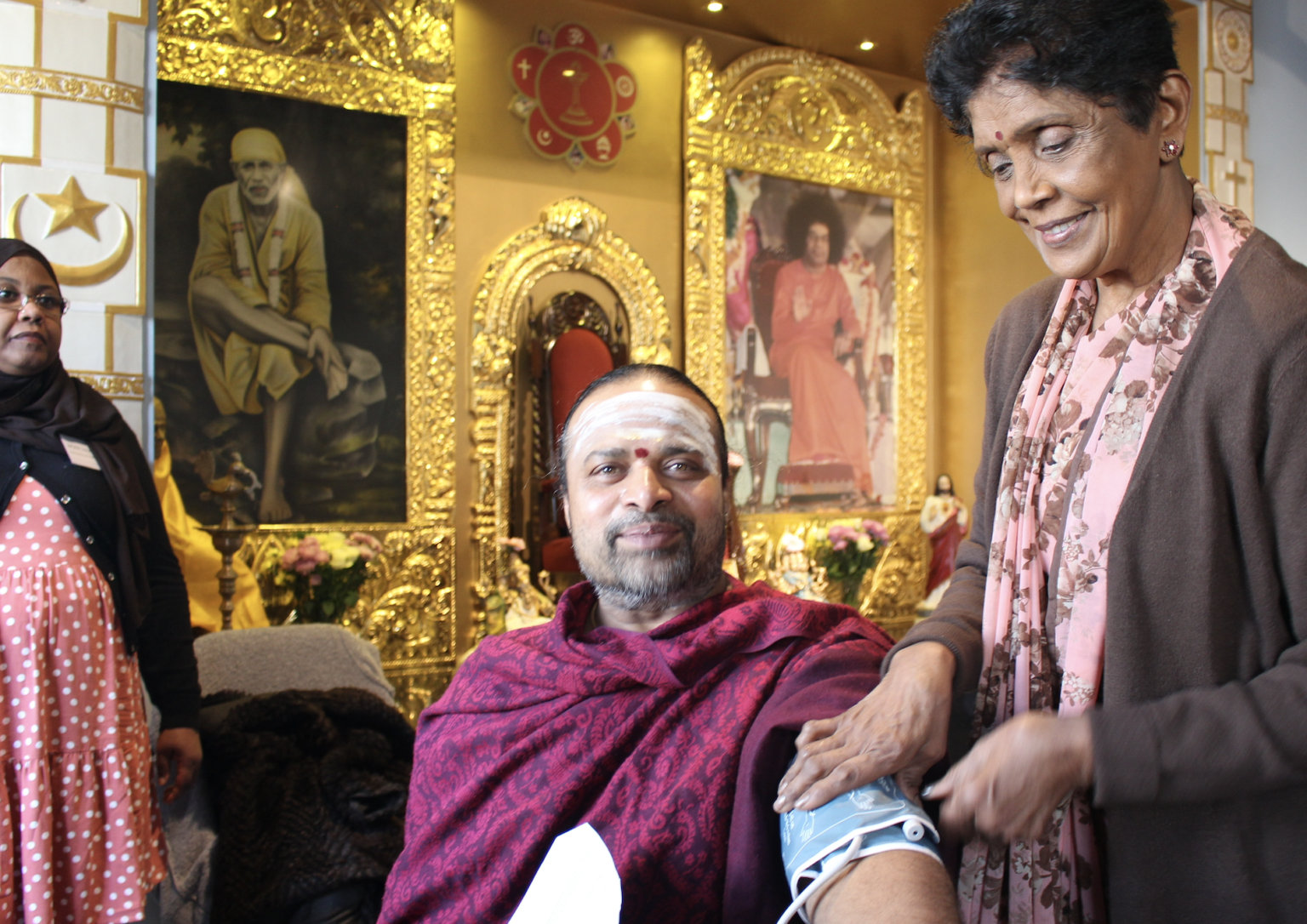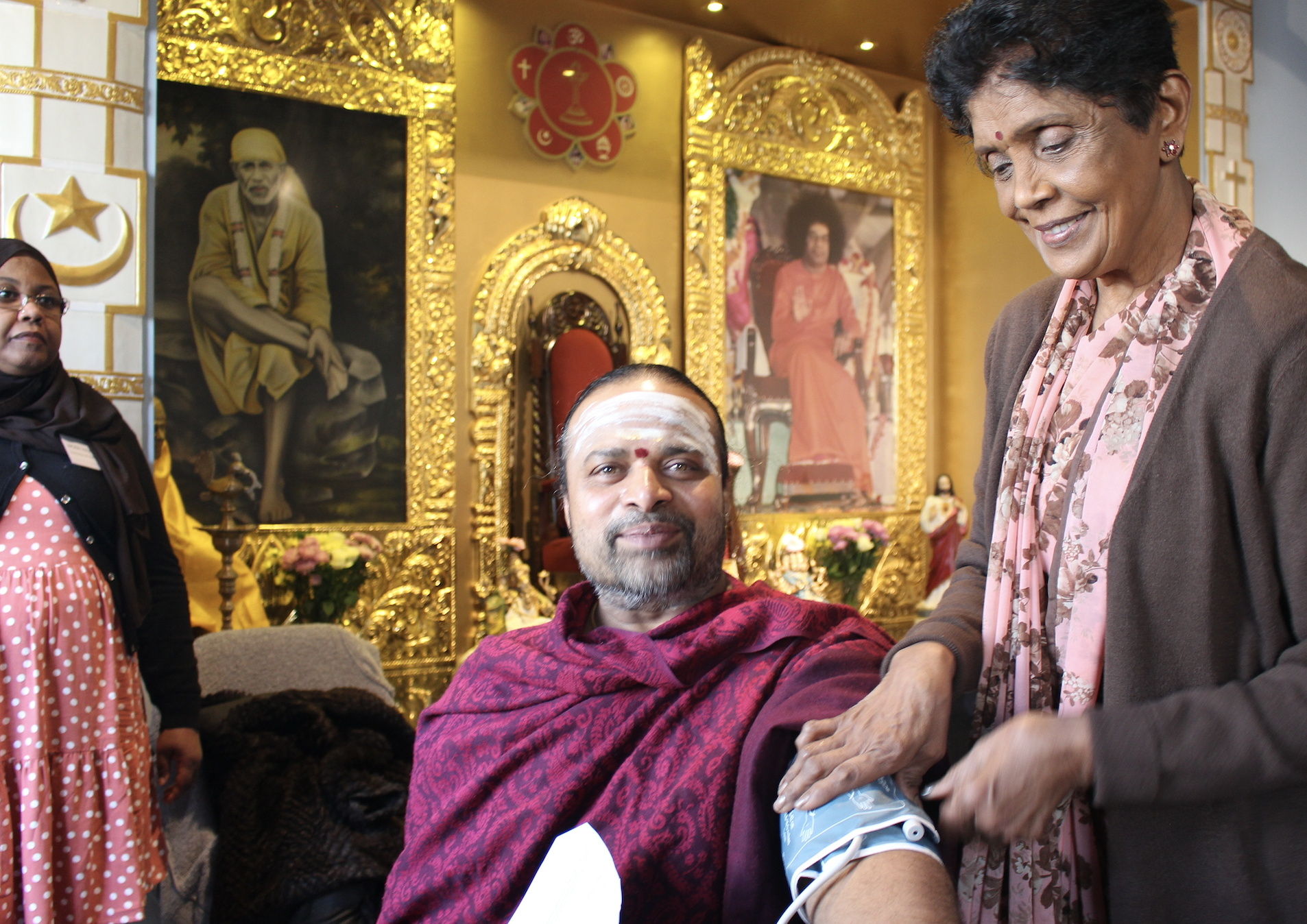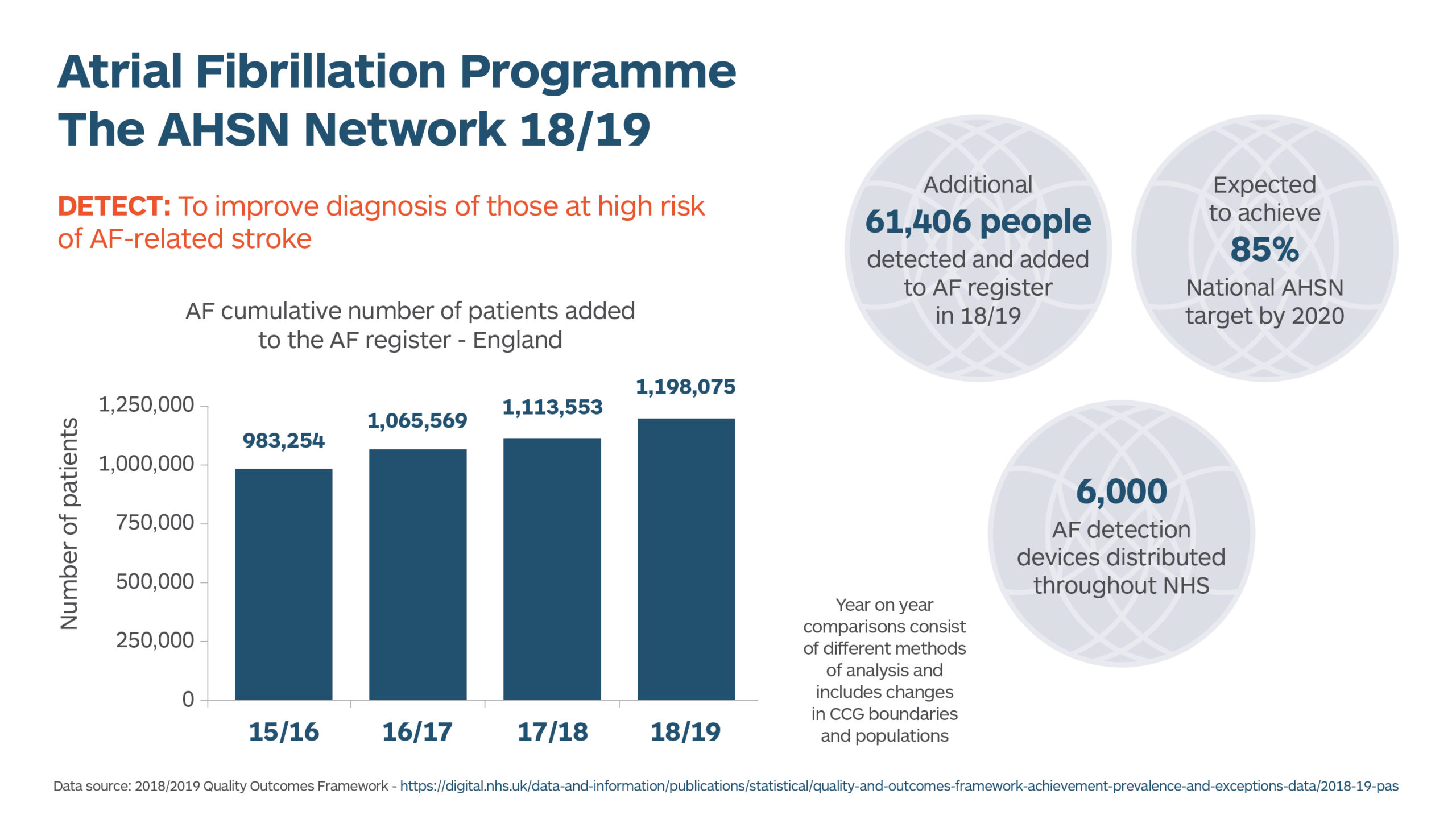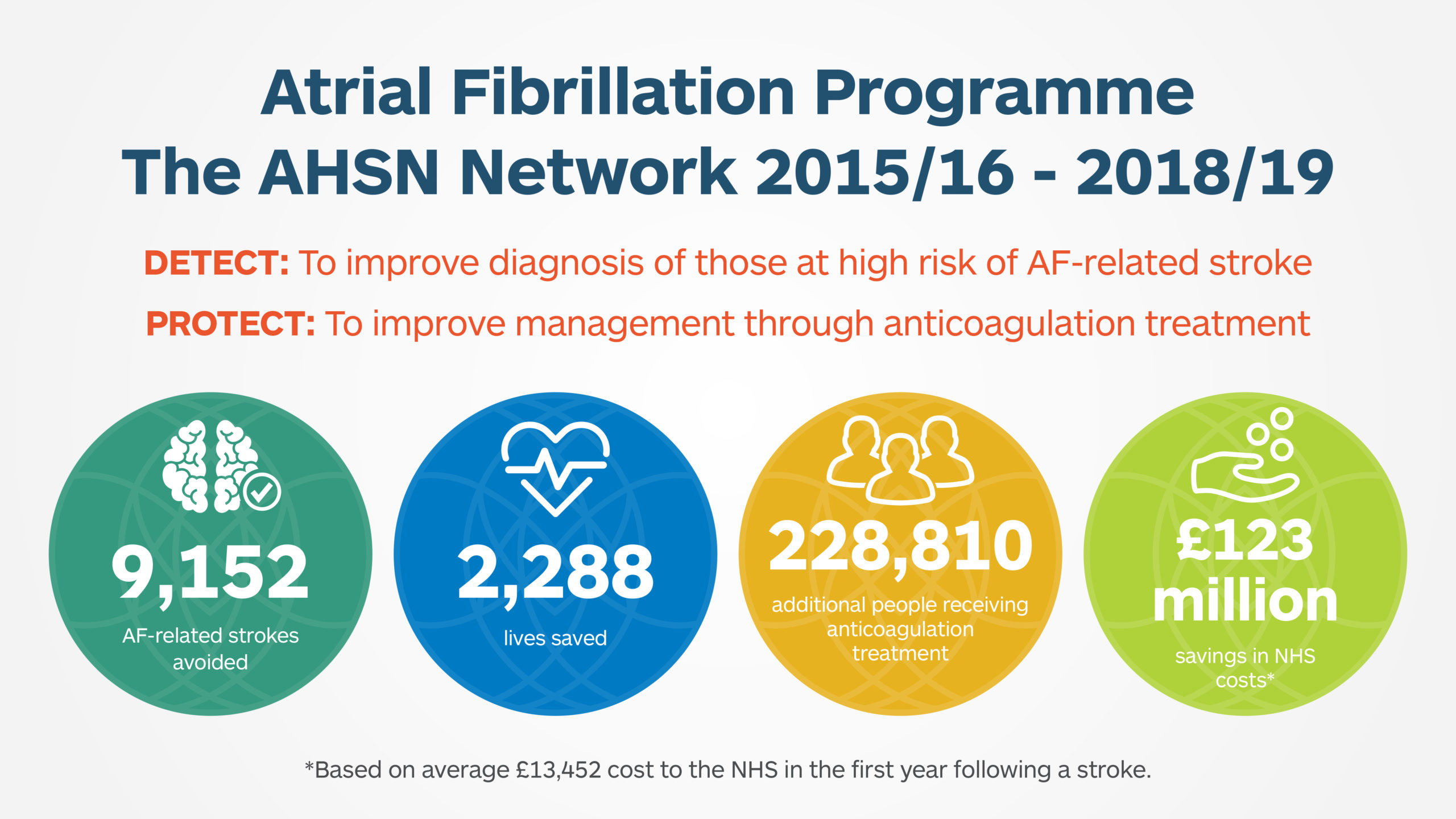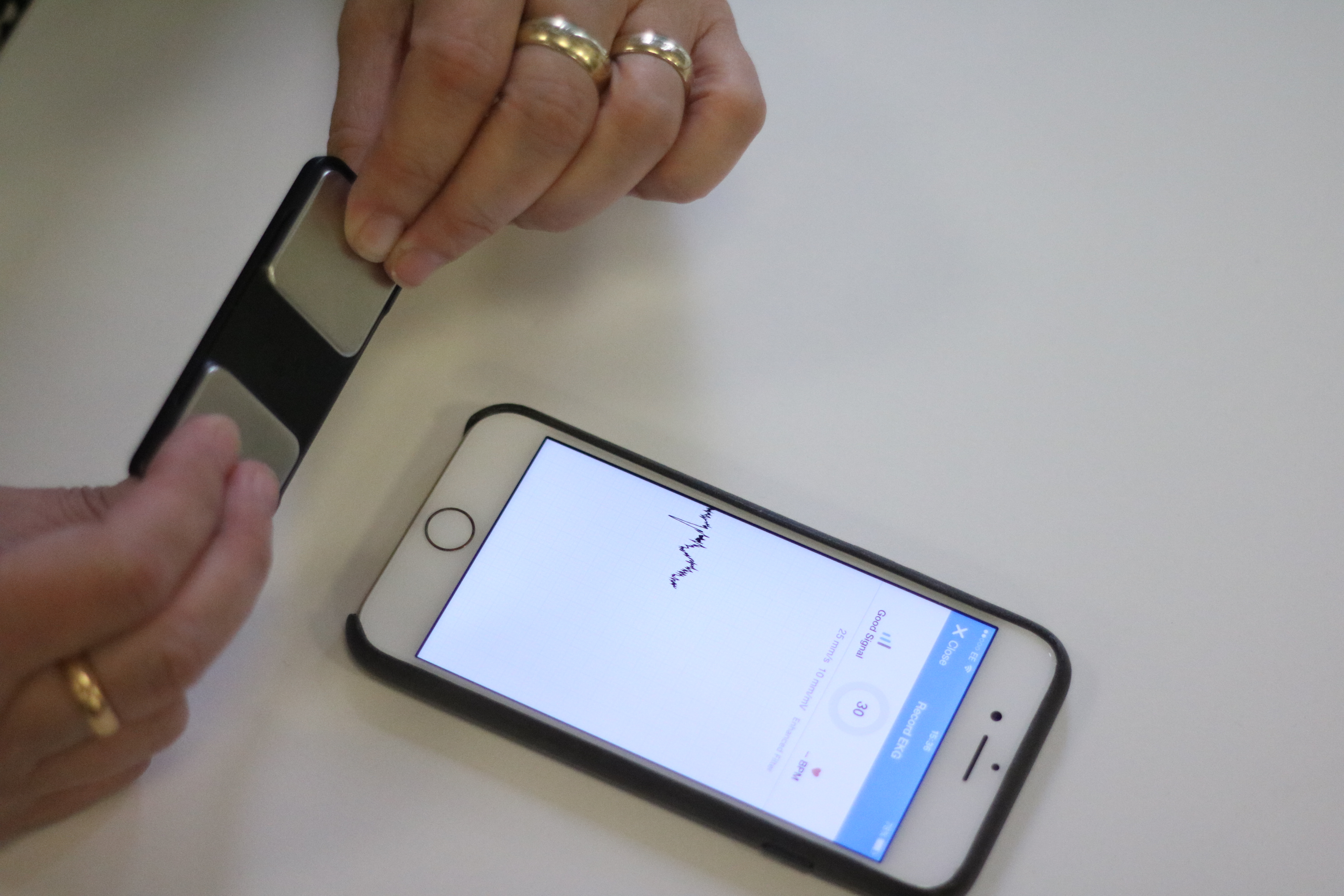This video provides an update on a 2019 Innovation Awards grant funded project to host community-led health clinics.
Called ‘Stroke Busting Health Checks’, the project aimed to provide various health checks for up to 1,000 people at greatest risk of stroke and other conditions in Wandsworth.
This co-produced, community-led scheme saw the NHS partner closely with faith and community groups, led by Wandsworth Community Empowerment Network, to use mobile ECG devices to test people for irregular heart rhythms (a warning sign for stroke) and offer wider health advice.
The health checks included Atrial Fibrillation (AF) checks using innovative mobile ECG devices, diabetes testing, blood pressure, cholesterol, and body mass index.
It also provided an opportunity to talk about the risk of smoking, including the direct link to stroke.
Hard to reach groups have greater health inequalities and poorer health outcomes, with Black, Asian and minority ethnic communities at substantially higher risk of poor health and early death, including due to stroke.
Traditional NHS approaches aren’t working well enough – these communities are less likely to attend NHS health checks, despite being the most at risk. Therefore, this team worked in an innovative new way to go to these communities and work alongside local leaders to engage people.
It is widely recognised that hard to reach groups have greater health inequalities and poorer health outcomes, with Black, Asian and minority ethnic communities at substantially higher risk of poor health and early death, including due to stroke.
Get in touch with the project team
Contact the NHS South West London CCG project team directly here.
E-mail